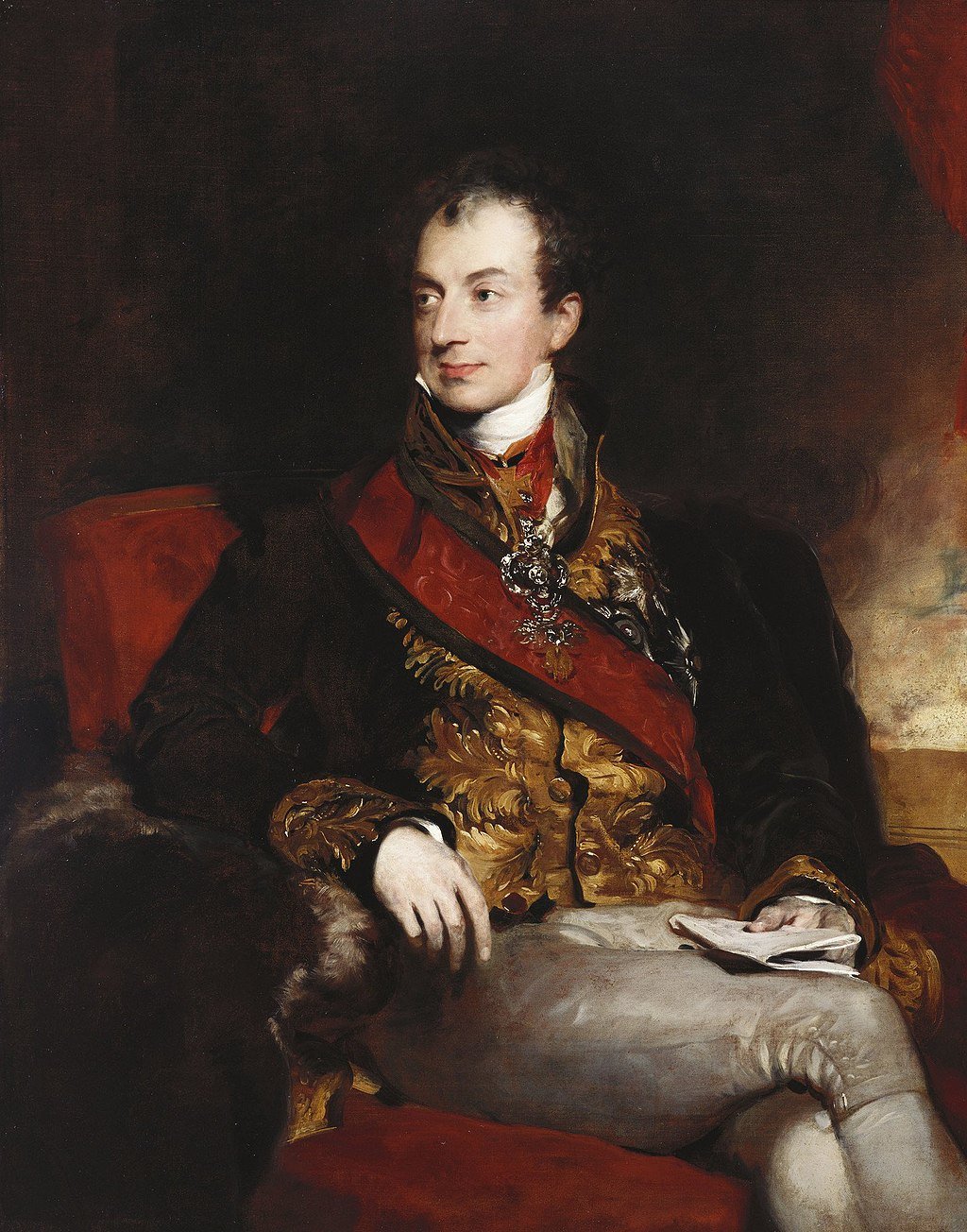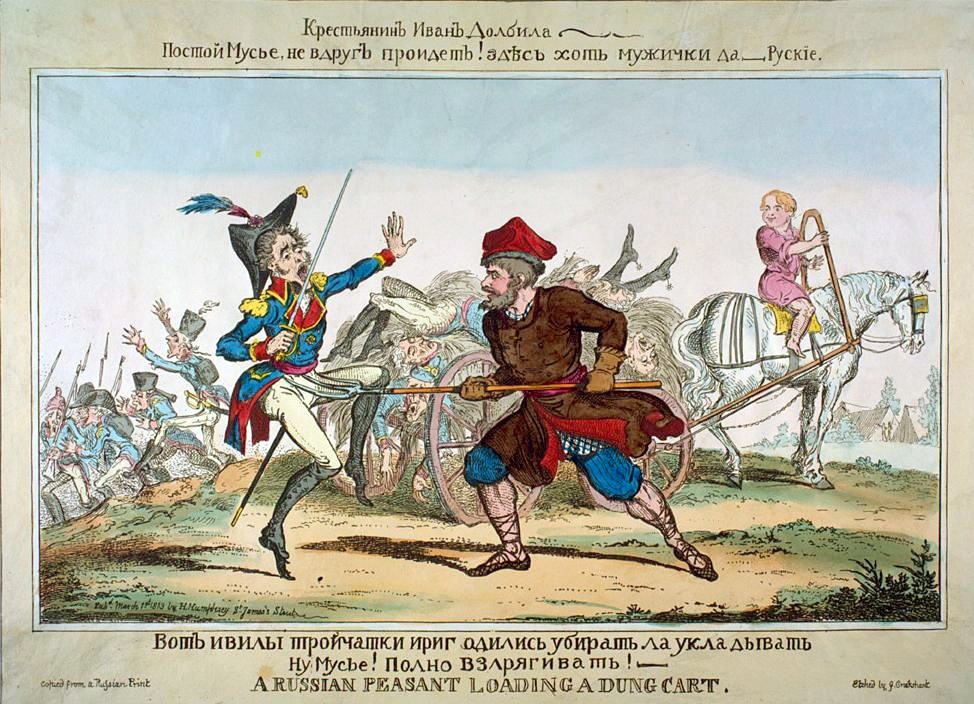The Battle of Aspern-Essling, fought on May 21nd and 22st, 1809 marked one of the most significant land engagements of the Napoleonic Wars and the first major setback for Emperor Napoleon Bonaparte on the battlefield.
Terry Bailey explains.
The Battle of Essling, May 1809. By Fernand Cormon.
Taking place on the northern bank of the Danube River near Vienna, this confrontation was part of the War of the Fifth Coalition, wherein Austria, under the leadership of Archduke Charles, sought to challenge Napoleon's dominance in Europe. The battle demonstrated the growing capacity of the Austrian military to resist the previously unstoppable French Grande Armée.
Napoleon's strategic goal was to cross the Danube and strike decisively at the Austrian forces, effectively neutralizing their threat and consolidating French control over Central Europe. The crossing of the mighty river presented logistical challenges, requiring the construction of pontoon bridges. Despite the French emperor's reputation for meticulous planning and tactical brilliance, unforeseen complications and the resilience of the Austrian forces thwarted his ambitions.
Archduke Charles, leading the Austrian army, with his subordinate commanders capitalized on the vulnerabilities created by the French reliance on fragile pontoon bridges. The Austrians launched a surprise counteroffensive, targeting Napoleon's forces as they attempted to consolidate their position in the villages of Aspern and Essling.
Over two days, intense combat unfolded, with both sides suffering heavy casualties. While the French initially made gains, the destruction of their supply lines and bridges by Austrian forces turned the tide of the battle, forcing Napoleon to withdraw, a rare occurrence in his military career.
The battle's outcome was a psychological and strategic turning point. For the Austrians, it was a validation of their renewed efforts to oppose French hegemony. For Napoleon, the defeat underscored the risks of overextension and the challenges of managing a vast empire amidst persistent opposition. Aspern-Essling also highlighted the emergence of Archduke Charles as a capable commander and underscored the shifting dynamics of warfare in the Napoleonic era.
The Battle of Aspern-Essling would set the stage for further confrontations, most notably the Battle of Wagram in July 1809, a decisive yet costly victory for Emperor Napoleon's French and allied army. However, its immediate impact resonated as a demonstration of Napoleon's vulnerability and the fierce resistance of a reformed Austrian army.
The political and cultural lead-up to the battle
By 1809, Napoleon's grip on Europe was tightening. After numerous battlefield victories, his dominance was largely unchallenged. However, Austrian dissatisfaction with French hegemony and the territorial rearrangements of the Confederation of the Rhine led to a resurgence of resistance. Austrian reformers under Archduke Charles modernized their army, introducing conscription and improved training. Encouraged by Napoleon's focus on Spain and the perceived overstretch of French forces, Austria declared war in April 1809.
The Fifth Coalition War was characterized by Austria's attempt to rally German-speaking states to their cause and Napoleon's swift counteroffensive. The French Emperor sought to decisively crush Austrian resistance early to discourage other powers from joining the coalition.
Culturally, the war symbolized a clash of national pride. Austria, as an old European power, sought to restore its waning influence, while Napoleon aimed to consolidate his modern empire.
The strategic context
The Danube River was the lifeline of the theatre, serving as a critical supply route and barrier. Napoleon's strategy revolved around rapidly crossing the Danube to bring Archduke Charles to battle, using his signature approach of speed and decisive action to envelop and destroy the Austrian forces.
Archduke Charles, on the other hand, aimed to exploit Napoleon's reliance on rapid maneuvers. He sought to use the Danube as a defensive advantage, forcing Napoleon into a constrained engagement while leveraging Austria's numerical superiority.
The Commanders
Napoleon Bonaparte: The French Emperor's reputation as a military genius was unassailable by 1809. Known for his bold tactics and ability to adapt to battlefield conditions, Napoleon sought to secure yet another victory to maintain his aura of invincibility.
Archduke Charles of Austria: A reformer and tactician, Charles was Austria's most competent commander. Though often overshadowed by Napoleon, he was well-versed in defensive operations and had a deep understanding of the terrain.
The development of the battle
On the 20th of May, Napoleon initiated his plan to cross the Danube using pontoon bridges constructed by his engineers near the villages of Aspern and Essling. His goal was to establish a bridgehead on the northern bank, a vital step toward forcing the Austrians into a pitched battle. However, the Austrian army, aware of his movements, positioned itself strategically to counter this crossing.
Initial French success (May 21st, 1809)
Napoleon's forces crossed the river and established positions near Aspern and Essling. The French vanguard quickly pushed into Aspern, with fierce fighting erupting as Austrian troops counterattacked. By evening, the French had secured a tenuous foothold but faced relentless Austrian pressure.
Austrian resilience (May 22nd, 1809)
Overnight, the Austrians launched a determined assault on both villages, seeking to isolate the French forces. The Austrian artillery targeted the French pontoon bridges, severing Napoleon's critical supply line and reinforcements. This disruption stalled French momentum and left Napoleon unable to fully commit his reserves.
Throughout the day, the battle seesawed, with both sides suffering heavy casualties. Napoleon personally led counterattacks, attempting to retake Aspern and secure the river crossing, but Austrian resistance, bolstered by their superior numbers and entrenched positions, held firm.
By late afternoon, Napoleon realized his precarious situation. With his forces dangerously exposed and his supply line compromised, he ordered a retreat across the Danube, marking the first time he was forced to abandon a battlefield under direct opposition.
The influence and outcome of tactics
French tactics
Napoleon's strategy hinged on rapid crossing and overwhelming force, but his reliance on hastily constructed pontoon bridges proved a critical vulnerability. His characteristic use of concentrated artillery and massed infantry attacks faltered due to supply disruptions and Austrian counter-battery fire.
Austrian tactics
Archduke Charles's decision to engage the French immediately after their river crossing was pivotal. He leveraged his superior numbers and defensive positions to great effect. Austrian engineers and artillery played a crucial role, repeatedly targeting the French bridges and disrupting Napoleon's logistical base.
The Austrian use of flexible defensive lines and coordinated counterattacks demonstrated their improved tactical doctrine and underlined their determination to resist French dominance.
The aftermath
The Battle of Aspern-Essling was a pyrrhic victory for Austria. While they successfully halted Napoleon and inflicted heavy casualties (37,000 combined), they could not capitalize on their success in delivering a decisive blow. For Napoleon, the battle was a sobering experience that exposed vulnerabilities in his strategy and his army's logistical operations.
The immediate aftermath saw both sides preparing for the inevitable rematch. Just six weeks later, Napoleon reorganized his forces and decisively defeated the Austrians at the Battle of Wagram. However, Aspern-Essling tarnished his image of invincibility and emboldened resistance movements across Europe.
In conclusion, the Battle of Aspern-Essling stands as a defining moment in the Napoleonic Wars, a clash that tested the limits of Napoleon's strategic brilliance and Austria's resolve. While not a decisive strategic victory for either side, it marked a significant psychological shift in the war and the perception of Napoleon's invincibility on land.
For Austria, the battle symbolized the fruits of military reform and demonstrated that even Napoleon's formidable forces could be thwarted with preparation, determination, and tactical ingenuity. Archduke Charles's leadership, the precise targeting of French supply lines, and the Austrians' effective use of defensive positions and counterattacks revealed the vulnerabilities in Napoleon's reliance on speed and maneuver.
For Napoleon, Aspern-Essling was a sobering reminder of the risks inherent in overconfidence and the perils of logistical weakness. The loss of pontoon bridges and the resultant supply line collapse illustrated the growing complexity of sustaining a large, modern army in the field. While he would swiftly recover and triumph at Wagram, the psychological and symbolic implications of this defeat reverberated across Europe, inspiring his adversaries and energizing resistance movements.
Strategically, the battle highlighted the increasing role of engineering, logistics, and coordination in early 19th-century warfare. The lessons learned on both sides would shape subsequent engagements, influencing military thought and practices for years to come.
The Battle of Aspern-Essling is not merely a story of tactics and bloodshed but a tale of the evolving nature of war. It serves as a powerful reminder of the interplay between leadership, preparation, and adaptability, a narrative that continues to resonate in military studies and strategic planning to this day.
The site has been offering a wide variety of high-quality, free history content since 2012. If you’d like to say ‘thank you’ and help us with site running costs, please consider donating here.











